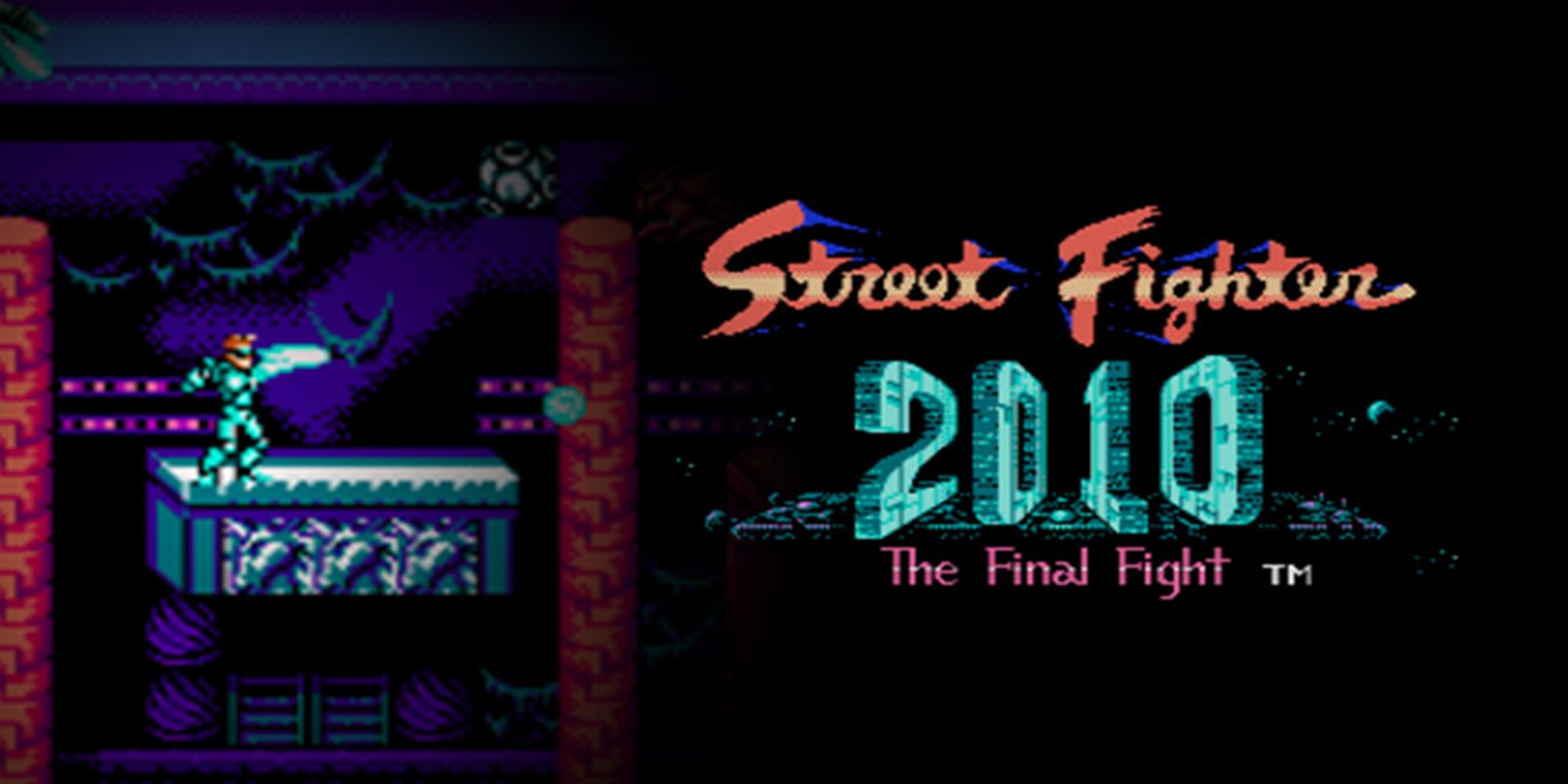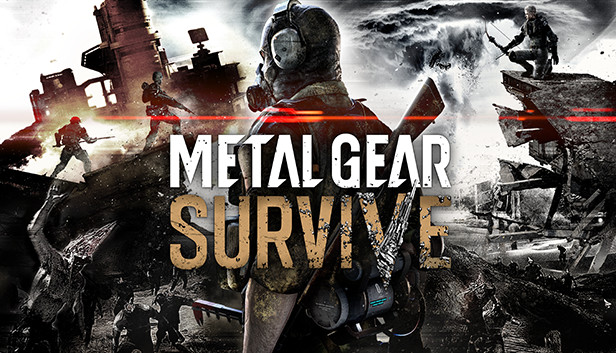Earlier in June, we took a look at 5 game series that tried out different game genres and generally were successful at the transition. Notable games such as Metroid Prime and World of Warcraft topped the list as the best examples of these noble experiments. Unfortunately for many developers, games that switch things up to such a degree are not always the best formed, or received. While experimentation with games series is vital to the industry and often done so with good intentions, many developers inevitably fall on the sword of progress.
5. Mortal Kombat

During an era where arcade fighters were a dime a dozen, Mortal Kombat made its mark with its digitized actors and signature brutality. The game series had numerous successful entries, comics, a Saturday morning cartoon, and even multiple major motion pictures. It’s safe to say Mortal Kombat had its formula for success down to a science. As the series made its way from arcade cabinets to home consoles, Midway decided to expand the MK brand even further by developing Mortal Kombat Mythologies: Sub-Zero.
Taking Mortal Kombat’s traditional fighting gameplay and overlaying onto a side-scrolling beat-em-up level design seems like it would be close enough to the original game that the brand itself would be enough to ensure the game some sort of mild success. However, unfortunately for Ed Boon and John Tobias, the co-creators of the series, that was not the case. Sub-Zero’s ambitious expansion of the franchise proved to better in theory than practice. With repetitive gameplay, spotty controls, and overall lackluster design, it is no surprise that Mortal Kombat Mythology was not a flawless victory.
4. Fable

Most games on this list are spin-offs that did not have much of an effect on their overall franchise, however, if any game on this list could be accused of killing a franchise, it would be Fable: The Journey. To best understand the history of this entry in the Fable series, it’s important to understand the history of Microsoft’s Kinect system. The Kinect was a motion-tracking peripheral that was heavily marketed with late Xbox 360 and early Xbox One models. While promising, the hardware itself did not live up to the money that was put behind it. Part of this push was taking a crucial Xbox first-party game series, Fable, and making its 4th entry a Kinect-required motion game.
After three successful Fable games, Microsoft and the arguably infamous Don Mattrick came to Lionhead Studio’s Peter Molyneux and tasked him with crafting a flagship title to move Kinect units. This resulted in Fable: The Journey, a motion-based spellcrafting game whose scope was markedly smaller than any Fable games that came before it. Though the story remained a strong suit according to critics, the limited gameplay and the issue of the hardware itself not actually working led to what the creator himself referred to as a “disaster.”
The next planned Fable game could be another entry on this list, if only it had been released. The short-lived Fable Legends was a co-op game, that saw only a short-lived beta before being shut down in 2016 along with Lionhead Studios itself. Last year during their Summer showcase, Xbox announced the revitalization of the Fable franchise with Forza Horizon dev Playground Games at helm. Based on Phil Spencer’s recent leadership, Fable’s second chance at life may have a good chance at success.
3. Street Fighter

Before the massive success of Street Fighter II, Capcom’s heavy hitter was not much of one at all. The original Street Fighter arcade cabinet was hardly a commercial presence. Despite its middling existence, Capcom decided to test the waters with Street Fighter 2010, a platformer for the NES. This rarely acknowledged game stars the series familiar Ken in the Americanized version, or a completely new character called Kevin in the original Japanese release. Both characters are cyborg scientists who are tasked with tracking down a villain, while using an interdimensional transporter to hop between planets. Though some critics report that the gameplay itself holds up, Capcom surely made the right decision to return the series to its original form for Street Figher II.
2. Metal Gear

Metal Gear can be cited as a franchise that has actually experimented with different genres successfully. The switch to 3D-stealth from 2D action-adventure turned the franchise into the commercial juggernaut we know today, and even the hack-and-slash Revengence found its cult following. However, the most recent entry into the series did not continue the trend.
Metal Gear Survive rode the wave of online-co-op-crafting-survival games, and also tried to incorporate tower-defense mechanics. Konami’s attempt at turning the famed stealth series into a genre salad of a game was met with a commercial failure, and a critical panning. As one of the first games in the series without creative powerhouse Hideo Kojima at the helm, Survive was possibly doomed from the start.
1. Resident Evil

Like others on this list, Resident Evil is a franchise that has found some success in switching up its core gameplay occasionally. Whether it’s camera angle changes, or a more action-oriented sequel, all the mainline numbered-entries in the series have found their part of the fanbase. When examining some entries in the franchise that aren’t directly followed by a number, we can see Capcom’s direction isn’t always surefooted.
Though some later entries in Resident Evil have featured some moderately well-received co-op options in their campaigns, RE’s ventures into a more multiplayer-focused space were both misses. Most recently, Resident Evil Resistance hit the market last year as a multiplayer experience that pit 4 players against a “mastermind” who lays traps and places enemies. Developed by a new studio put together by Capcom, Resistance was not a complete failure, but it sold and reviewed considerably worse than most RE games.
Resistance was not Capcom’s first attempt at turning Resident Evil into a multiplayer-focused experience. The best example of a misstep in the series was developed in 2016 about four years prior to the release of Resistance, in the form of Umbrella Corps. This fast-paced tactical shooter was a big departure from the traditional RE gameplay formula, and according to Capcom themselves it was in part due to their attempt to mimic “contemporary eSports.” While Capcom’s recent success with Resident Evil: Village proves they still know how to create engaging horror experiences, let’s hope third time’s the charm for any upcoming multiplayer experiments.
- Psychonauts 2 Review: Long Live the Platformer - August 31, 2021
- War For Relevance: Is Marvel’s Avengers at Its Endgame? - August 18, 2021
- 5 Things We Need in the Rumored GTA Remasters - August 15, 2021
